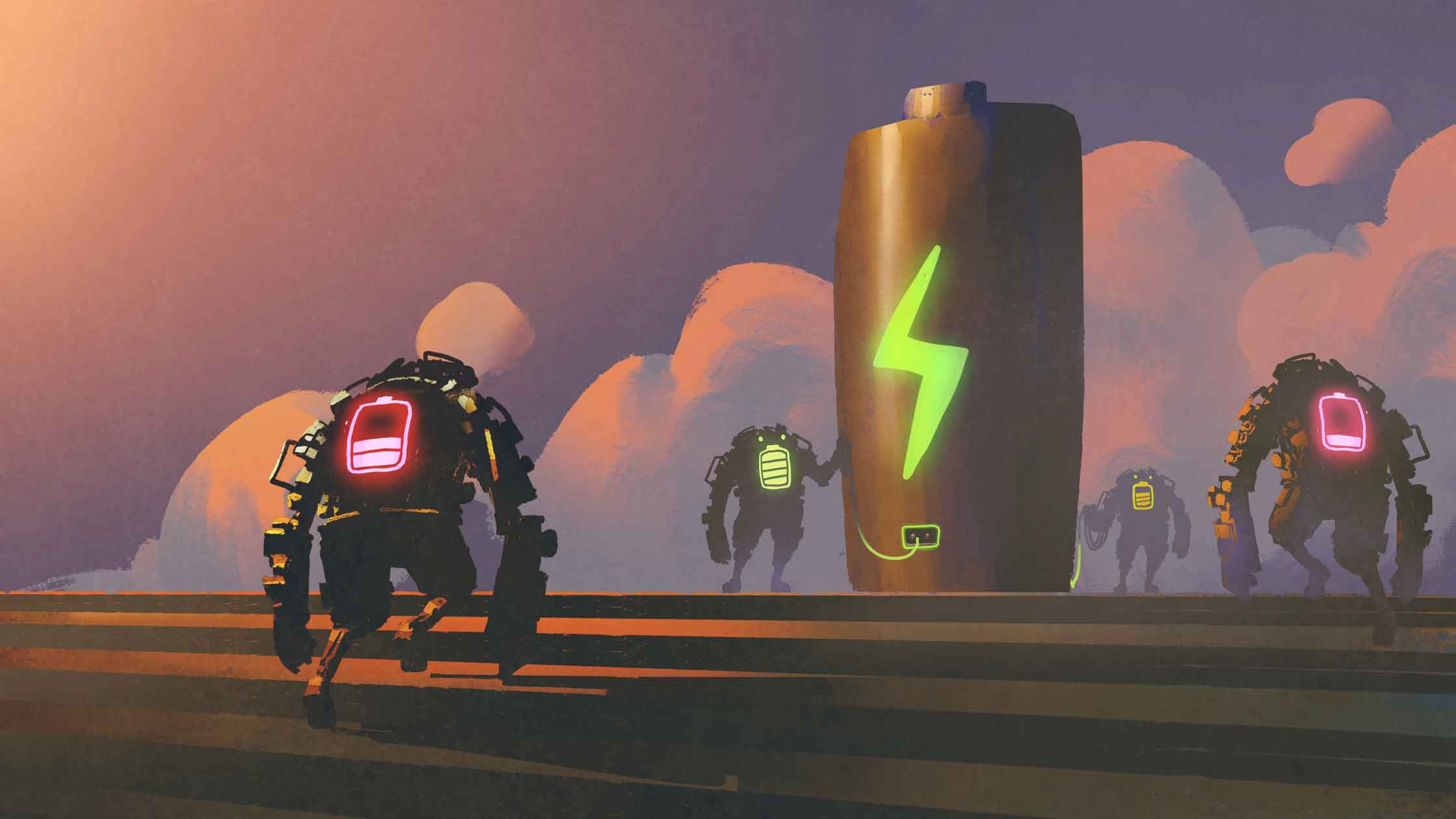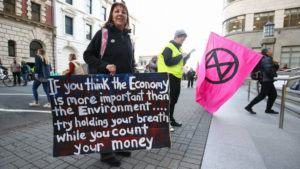Tag Pacific to build NSW’s biggest battery – but South Australia still has it beat

Tag Pacific is building a 1 megawatt hour (MWh) battery south of Sydney as part of a future-proofing plan by the network operator.
The battery, which Tag (ASX:TAG) says will be the biggest in NSW, will support a residential development in West Dapto, near Wollongong.
By comparison, the battery Elon Musk’s Tesla is building for South Australia — the largest grid battery in the world — is 129MWh.
Tag chief Nathan Wise says the battery is “the next step in the journey” for the company, as it uses everything they’ve been testing in projects across the Pacific.
He told Stockhead that using energy storage in this way was a new way of looking at the grid.
The battery was a cost-effective way to provide network flexibility in new housing developments, said Peter Payne, a spokesperson for Endeavour Energy which commissioned the battery.
New housing developments usually require big, future-proofed substations that cater for thousands of homes to be built over a 50-year horizon.
As a result, the first 400 or 500 houses have to shoulder a big, initial cost.
A battery provided network flexibility without having to spend $25-30 million upfront on new infrastructure that’s not immediately essential, Mr Payne said.
“Batteries save customers money because we can defer capital expenditure on these large lumpy developments,” he told Stockhead.
As more and more customers buy solar panels and energy storage support, Mr Payne says using cheaper grid-scale options is one way to cut costs and keep giving people what they want: grid connections as a backup to their home systems.
Tag, via its subsidiary MPower, will design, build and run the system.
“The main objective of the project is to augment the grid in times of peak demand, potentially delaying the need for major capital expenditure associated with growing power demand in this residential area,” the company said.
The battery will be ready by November 2018 and has capacity to support peak-hour energy demands of up to 600 homes.
Tag shareholders will no doubt be hoping this kind of deal can turn around the revenue and income falls reported this year.
Mr Wise says the project will be cash generating, and they beat a variety of international companies in the tender because they can point to past projects where they’ve proved their capabilities.
The company posted a $4 million loss in fiscal 2017, up from a $1 million loss the year before, as the company pivoted into energy storage and renewables.
Tag said in August that the coming year’s order book was “larger and more diversified than at any time in the recent past”, but with a number of these the payback was likely to be long term.
Tag shares were up 11 per cent at 6c in Friday lunchtime trade.
UNLOCK INSIGHTS
Discover the untold stories of emerging ASX stocks.
Daily news and expert analysis, it's free to subscribe.
By proceeding, you confirm you understand that we handle personal information in accordance with our Privacy Policy.








